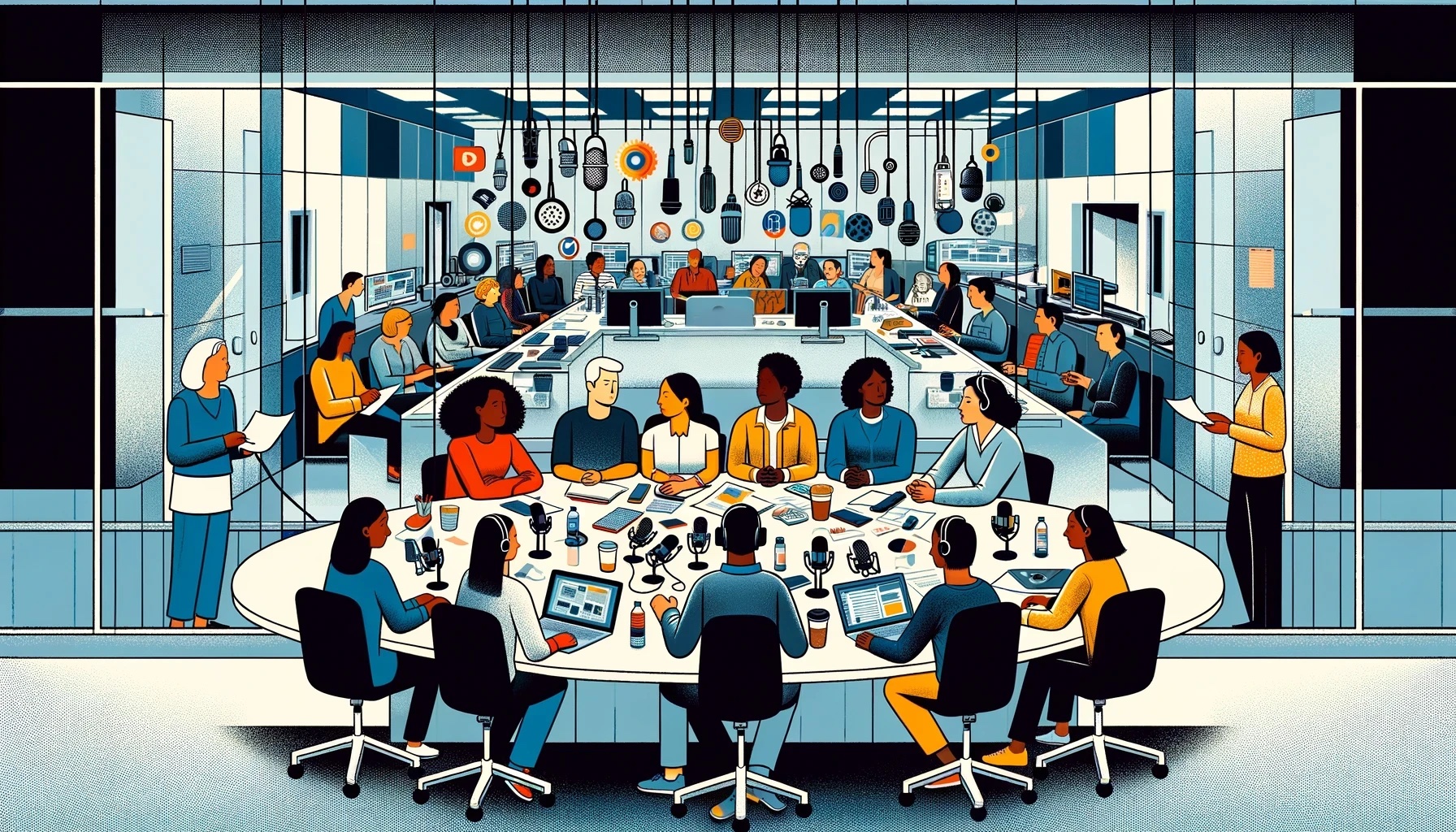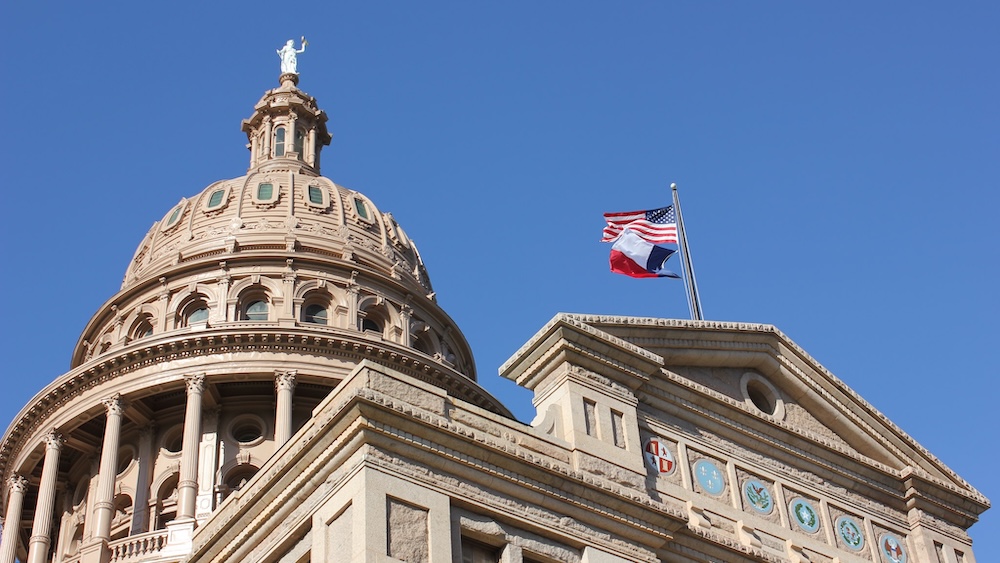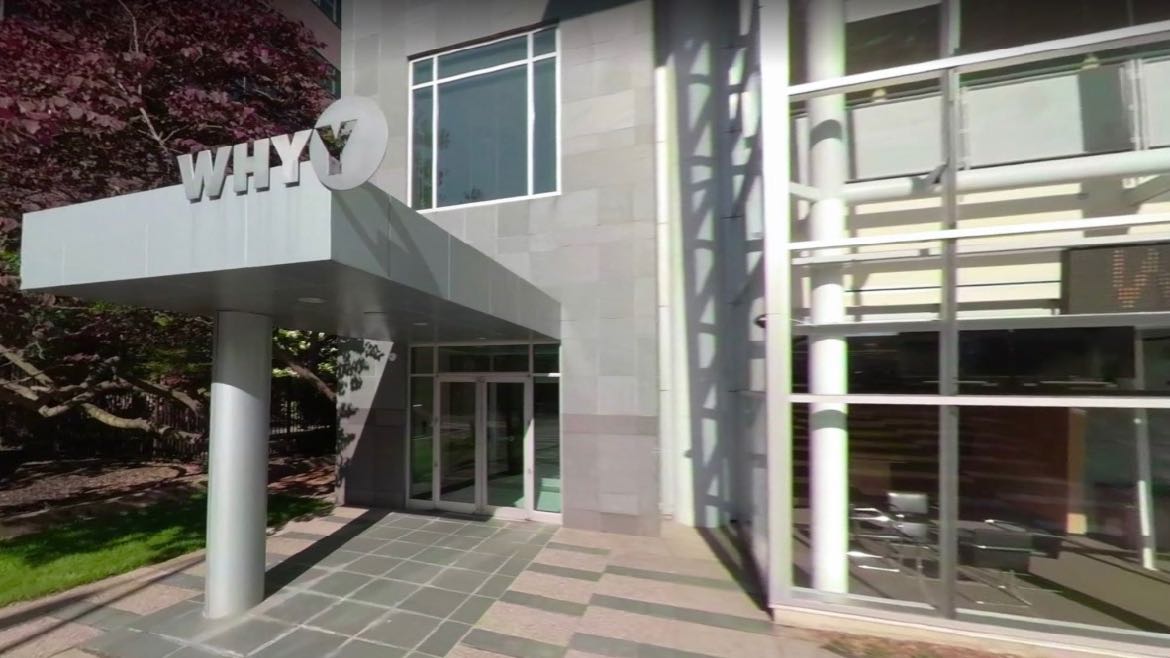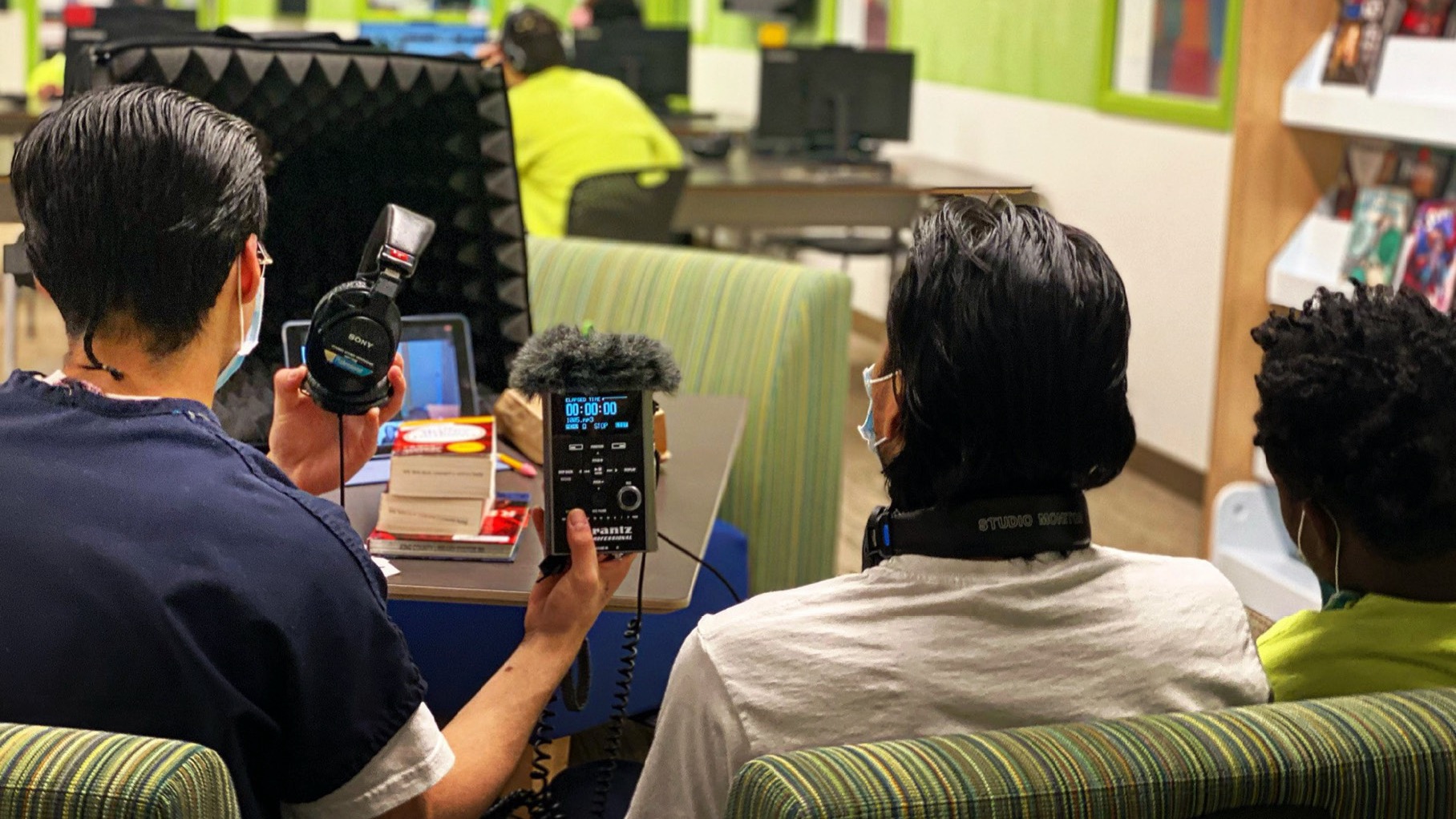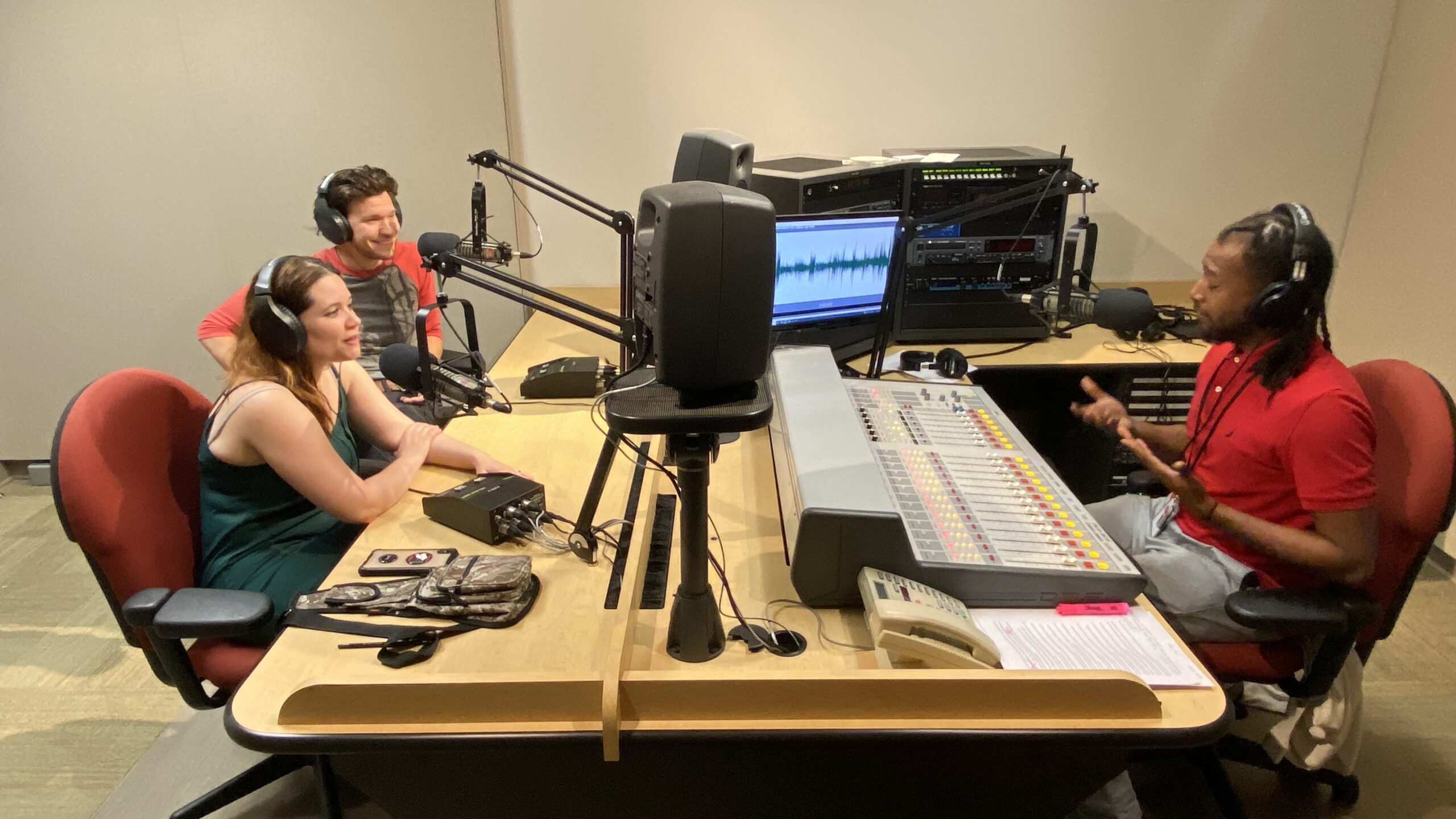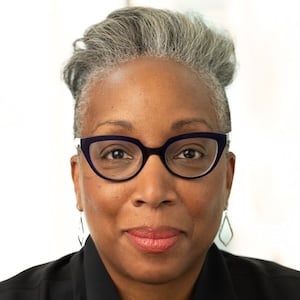Diversity, equity and inclusion in public media

Serving the American public in all of its diversity is an important part of the mission of public media articulated in the Public Broadcasting Act of 1967. But the overwhelming consensus now is that the system has failed to live its values, that structural racism plagues our institutions and that diversity, equity and inclusion of people of color in leadership roles and in our audiences must be our top priority. How must public media change in order to look and sound more like the America we are supposed to reflect and serve? Read Current’s ongoing coverage and commentaries on the imperative of inclusion.

Serving the American public in all of its diversity is an important part of the mission of public media articulated in the Public Broadcasting Act of 1967. But the overwhelming consensus now is that the system has failed to live its values, that structural racism plagues our institutions and that diversity, equity and inclusion of people of color in leadership roles and in our audiences must be our top priority. How must public media change in order to look and sound more like the America we are supposed to reflect and serve? Read Current’s ongoing coverage and commentaries on the imperative of inclusion.
The importance of Employee Resource Groups and how to create one at your station
Employee Resource Groups can help to amplify underrepresented voices, promote education and break down barriers within your organization.How journalists can shape society through ethical storytelling
Minal Bopaiah of Brevity & Wit discusses an inclusive and prosocial framework for redefining race and equity coverage.How a focus on diversity has strengthened NPR
Contrary to the argument made by former NPR editor Uri Berliner, NPR's efforts to diversify its workforce have enhanced its journalism and ...We can’t let anti-DEI laws kill public media
These laws not only create an environment ripe for misunderstanding but also gut efforts to equip employees with the skills to engage ...Why public radio’s efforts to reach new audiences aren’t moving the needle
"The appeal of the content must be clearly different than what we currently offer. The people needed to do this work are ...How anti-diversity laws are jeopardizing pubmedia’s DEI efforts
Leaders in public media fear the state laws could have a “chilling effect” on DEI work at some stations.CPB faces scrutiny from Ted Cruz over diversity policy
Sen. Cruz questioned whether a CPB policy violates the 14th Amendment in light of a Supreme Court decision on affirmative action.WHYY and the case for infrastructure for equitable journalism
A new book examines the Philadelphia station's efforts to address structural racism and how a newsroom leader's departure affected those initiatives.13 tips for facilitating youth media programs with teens who are incarcerated
Young people’s voices and perspectives are often left out of news coverage. One way to address that? Pass the mic.Representation of Asian, Black and Hispanic staffers grows at public media stations
Only the percentage of Native American staffers at stations declined since 2022, according to new CPB data on CSG grantees.WITF’s ‘Melanin Report’ seeks to amplify BIPOC voices in Central Pennsylvania
“It goes such a long way to hear that news anchor speak just like you," says host and creator Marquis Lupton.Death, rituals and outlaws: How PBS stations are using YouTube to reach young and diverse ...
A CPB-backed initiative helped launch YouTube series produced by stations in Texas, Louisiana and North Carolina, among other locations.‘Little Bird’ brings unique story of Indigenous identity to PBS
The six-part drama has a “social consciousness that can really appeal to younger viewers,” says Jessica Turk of Nashville Public Television.APMG hires Roycie Eppler to lead HR, DEI departments
Eppler most recently worked as chief human resources officer for Cutera, a medical equipment manufacturing firm.Why a classical station should reconsider dropping The Met’s contemporary operas
"To read a justification of your decision to broadcast performances of music by nine different white men of European descent while finding ...




